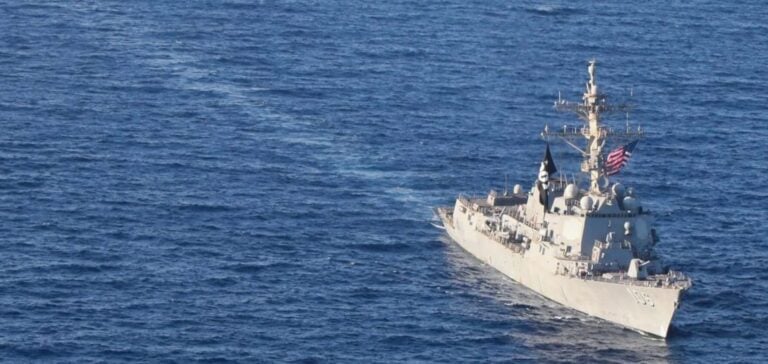The United States has intensified its strikes against Houthi rebels in Yemen during the final days of the Biden administration, aiming to disrupt the group’s ability to interfere with international maritime routes in the Red Sea. According to U.S. Central Command, the strikes on December 30 and 31 destroyed infrastructure used to manufacture and store drones and missiles intended to disrupt navigation.
Impact on Maritime Trade
These military actions follow a series of Houthi attacks that have disrupted global oil shipments. According to a report by S&P Global Commodities at Sea, the share of global crude oil shipments transiting through the Suez Canal dropped to 5% in the first quarter of 2024, compared to 8% during the same period in 2023. This decline highlights the direct impact of geopolitical tensions on vital trade flows.
U.S. Strategic Shift
The escalation of strikes marks a significant strategic shift for the United States. For years, the Biden administration pursued diplomatic approaches toward the Houthis, hoping to negotiate an agreement with their primary supporter, Iran. This recent shift, observed in the administration’s final days, reaffirms U.S. military commitment to securing the region.
Brenda Shaffer, a geopolitical energy expert, highlighted this repositioning: “The United States is returning to its traditional role as a guarantor of maritime security after years of strategic restraint,” she stated.
Increased Sanctions
Alongside military operations, the United States has tightened sanctions on entities linked to the Houthis. The Treasury Department recently sanctioned organizations affiliated with Iran’s Islamic Revolutionary Guard Corps and Russian actors for logistical support of hostile activities.
As President-elect Donald Trump prepares to take office, analysts anticipate a more robust foreign policy. The combination of economic sanctions and military interventions could redefine U.S. strategy in the region, with a particular focus on securing energy routes.






















